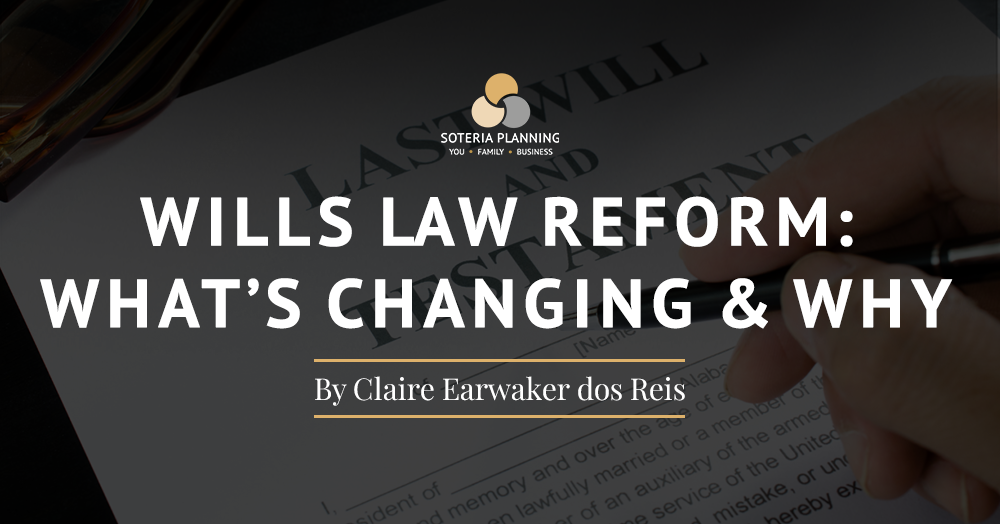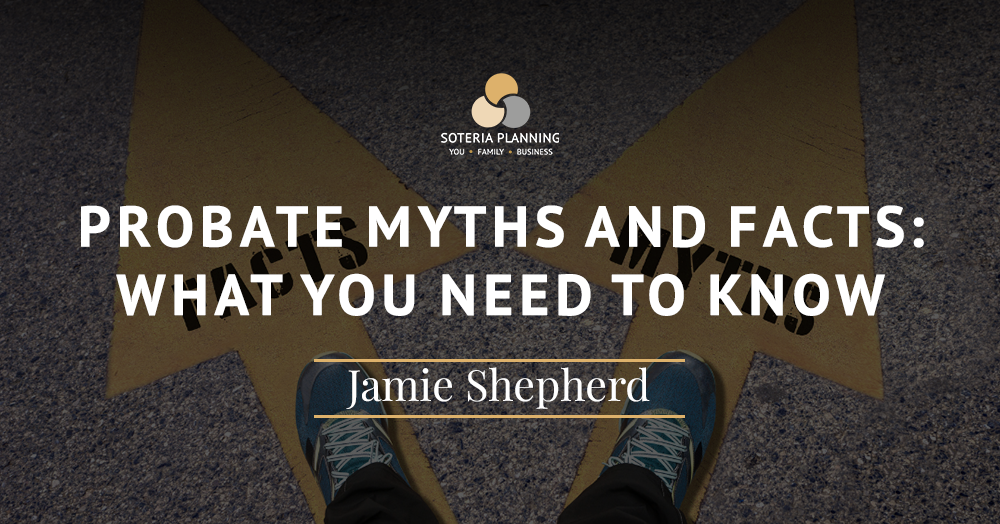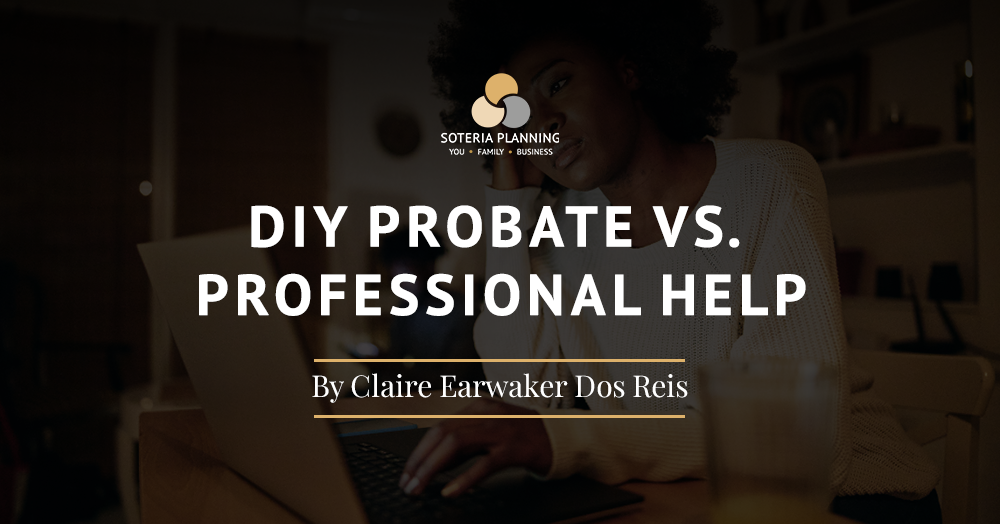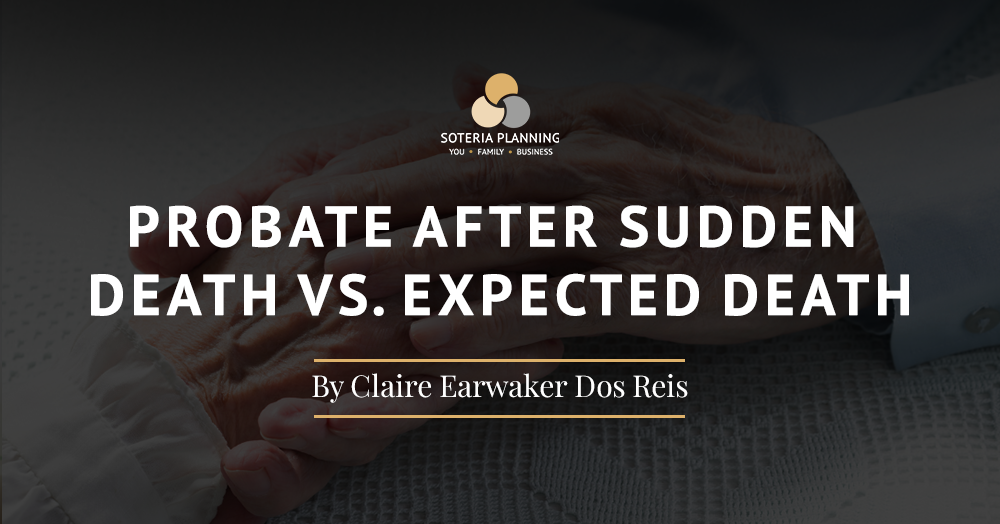In this short article we aim to explain what a Trust is and how and when they can and should be used...
In this short article we aim to explain what a Trust is and how and when they can and should be used.
It’s important to note that trusts can have tax implications so seeking professional advice is advised. That doesn’t mean you have to take the advice or pay any fees. For clarity we always offer a no-obligation appointment and provide guidance and a fixed cost quote prior to you making a decision.
Now – Trusts…
A Trust is a mechanism by which we can protect assets (normally money or property) for the benefit of loved ones.
A trust is used to house the assets to keep them safe (much like a safety deposit box) and there will be instructions for the trustees (the people looking after the trust) as to what they can and can’t do.
Trusts have a number of different uses but some of the common ones have been listed below:
A Property Trust
A property trust – also sometimes called a protective property trust is a Will-based trust (it’s written into your Will) and is ‘activated’ after you have passed away. The purpose is to protect your property or share in that property for the benefit of your loved ones (normally specified beneficiaries).
A Disabled Trust
This trust, also sometimes called a Vulnerable Person’s Trust, is a way to ensure that a stated beneficiary who perhaps is unable to manage an inheritance or gift can still benefit. The principle behind this is that they are given a sum and it’s held in trust for them and can be used by them and managed by trustees for their benefit.
A Discretionary Trust
This is a generic name for a trust but one where the trustees have power to decide how the assets are distributed. Of course, it’s not that simple and they will have to adhere to the wishes of the testator (the person whose Will it was (who made the gift)) but they are useful where you want to make a gift to someone who perhaps has an addiction to gambling or substance abuse and where giving them a sum of money in a Will isn’t a good idea. That way, the trustees can drip feed money to them as and when they need it to ensure it’s not squandered or wasted.
Finally there are Asset Protection Trusts
It’s important to note that these are the types of trust normally referred to as protecting the family home in the event that you need to pay for care. If you only take one thing away from this article please note that this isn’t the case. You cannot protect your home from care costs and this be the sole reason to create a trust. This is known as deliberate deprivation. Under these circumstances the local authority may successfully challenge a trust. There are benefits to an asset protection trust but it’s a more complicated subject and would need professional advice. In short, they can be used to help with care fee planning, to help make the probate process quicker and simpler and to ensure that properties pass down the bloodline.
For more information on any of these trusts or to discuss your circumstances, please contact us for a free consultation.






Share this with
Email
Facebook
Messenger
Twitter
Pinterest
LinkedIn
Copy this link